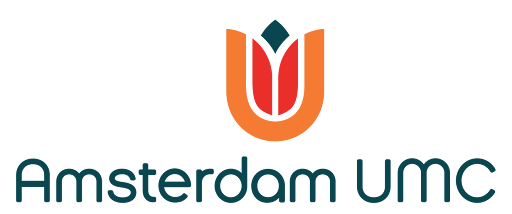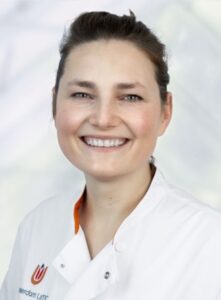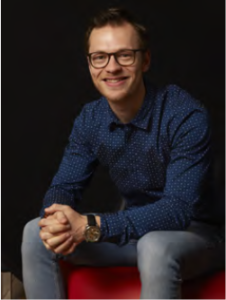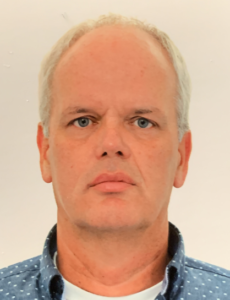Vera Keil
Vera Keil, M.D., Ph.D., (*1985) is a German-born Neuroradiologist and work group leader at Amsterdam UMC. As a CCA-associated PI her work focuses on advanced imaging and neuro-oncological imaging in both adults and children (collaborating with Prague-situated project PediTuMRI). Her research lines embrace several perfusion techniques, relaxometry, diffusion, APT-CEST, and artificial intelligence with an emphasis on their clinical application such as finding alternatives for contrast agent injection in patient care (projects REDUCE, DEBBIE-ASL and GLIOCARE). Dr. Keil received more than 1.2 M Euros in research funding from Dutch and International institutions. She is a board member of the ESMRMB, ISMRM Benelux, GliMR ESMRMB working group and the Dutch association of Neuroradiology as well as a distinguished reviewer to numerous journals and junior deputy editor for European Radiology. Dr. Keil was an invited lecturer at numerous occasions (ECR, ESNR annual meeting, TACTIX Twinning grant, among others). She authored to date (Jan 2025) 60 peer-reviewed articles and three book chapters.




